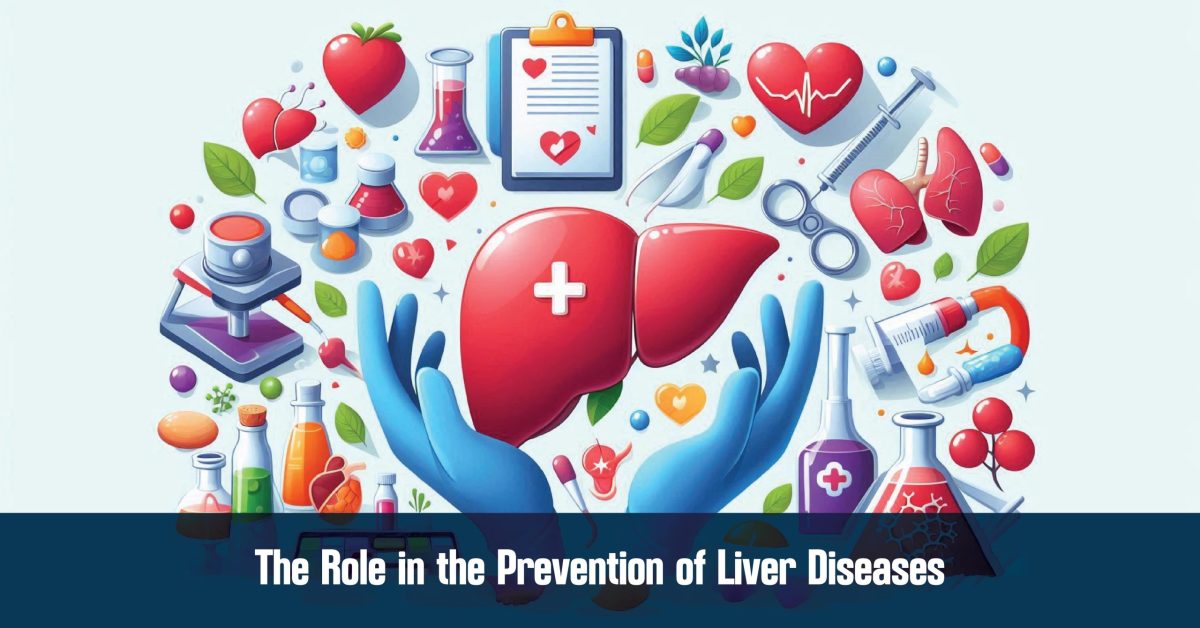Liver diseases with hepatitis B and C, cirrhosis, and liver cancer are serious health problems around the world, killing millions of people yearly. Significantly, vaccination has played a vital role in the war against these liver diseases and provides a great tool that can drastically cut the incidence of these conditions. Vaccines play a significant role not only in the development of liver disease outbreaks but also in the control of their spread. The paper delves into these and other details of the prevention of liver diseases by vaccines, with regard to advances so far, the challenges encountered, and vaccination efforts in process.
Vaccination is key in preventing liver diseases, especially those caused by hepatitis B and hepatitis C. Viral infections are the major causes of chronic liver diseases, cirrhosis, and hepatocellular carcinoma. Effective vaccines against HBV have lowered the prevalence of HBV infection and its related complications tremendously.
Hepatitis B Vaccination
HBV vaccination is the best prospective public health success. It is 95% efficient in the prevention of infection by HBV and is recommended for all infants, children, and adults who are at potential risk of getting infected with HBV. Vaccination programs to combat HBV are very wide and widely implemented, and there has been a dramatic decline in the incidence of HBV infection across the globe.
